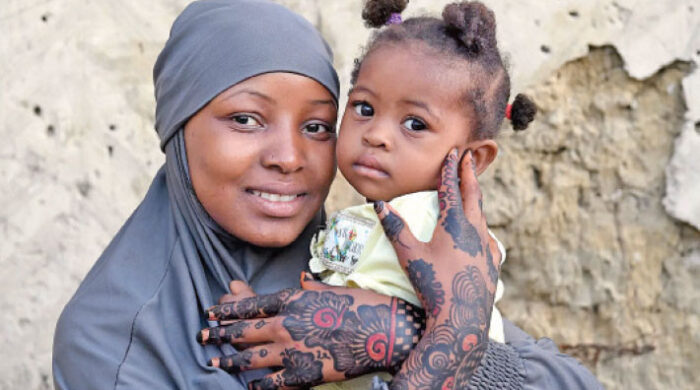
Bangladesh has made impressively fast progress in keeping up with the developed world since its independence in 1971. However, child marriage causes stagnation in that development as it has existed from the beginning and is still prevaltent in the rural and low-income households. A 2020 UNICEF report mentions that 51% of young girls (aged 20 to 24) in Bangladesh were married before the age of 18. This persisting problem is disproportionate to the rate at which the country aims to develop, especially since there is an emphasis on women empowerment by the government led by a female role model- the daughter of the Father of the Nation Bangabandhu Sheikh Mujibur Rahman. Thus, the government has been battling this age-old crisis for many years over its consecutive four terms. Prime Minister Sheikh Hasina once stated that child marriage (marriage under the age of 18) shall be eradicated by 2041.
Aside from the obvious detrimental effects of child marriage on a girl such as losing the opportunity to live out a normal childhood, suffering from marital problems such as abuse and reproductive issues from early pregnancy, it is also a waste of resources for the country due to access to education being put to a halt after marriage. The Constitution of the People’s Republic of Bangladesh calls for equal rights of women and men in the country; thus, each young girl has equal potential as a boy of her age and they must be treated as assets accordingly. Education is made more accessible in Bangladesh through free book distribution system, scholarships and stipends- in the absence of which girls would have even harder time continuing studies. A more educated woman can make better marital decisions at the proper age, as well. The State Minister of Women and Children’s Affairs, Simeen Hussain Rimi, addressed parents who still resort to this harmful tradition, “Invest in your daughter’s future and that investment will return to you in double.” The goal is to turn our citizens into human resources, men and women alike.
The Child Marriage Restraint Act 2017 clearly demonstrates that carrying out or promoting child marriage is unlawful and comes with imprisonment and fine. Birth certificate must be presented to the court for a marriage to go through (this is, however, evaded by wrongdoers through forging the certificate). It is unfortunate that despite legal repurcussions being imposed, it has been normalised in our society to the point where people choose to commit this crime over following the law as they surrender to social pressure. On the other hand, this can be combatted by using the National Toll-free Helpline for Violence against Women and Children: 109 to report child marriage as righteous, progressive members of society. Of course, victims are more than welcome to reach out to the helpline.
Since Prime Minister Sheikh Hasina took up the challenge of solving this crisis in 2014, the government has taken many initiatives to date. In 2018, the government took on the National Action Plan against Child Marriage (2018-2030). Part of the action plan involved creating 4883 adolescent clubs across the country; in each club, adolescents are provided with training to develop skills that can produce income and are also educated about important topics like child marriage and sexual harassment. The goal is to turn all of the participating youth into assets that can contribute to their country’s economy and be self-sustaining individuals. The training also makes them resilient to battle the societal issues (like child marriage) that they have to face. Fortunately, the battle undertaken by the government has also had global reach and support. On 5 June 2024, in collaboration with UNICEF and UNFPA, the Ministry of Women and Children Affairs launched Phase III of the Global Programme to End Child Marriage. This joint effort will ensure that the National Action Plan can be implemented more effectively and awareness will be actively spread.
While child marriage is still most common in Bangladesh among all South Asian countries, the perseverance shown by authorities and the diligence of social workers have not been futile. The prevalence of child marriage was over 90% in 1970 and it has been declining ever since. At present, the constant efforts decrease the rate of child marriage by 2.1% every year. With stricter implementation of the law, continued action by the Ministry of Women and Children Affairs and associated social workers, more steps taken to encourage girls to finish their education, the rate of decrease shall be accelerated and we can hope for a brighter future. The most essential aspect of turning society around from celebrating this age-old, harmful tradition is to spread as much awareness as possible. Parents must change their perspective on their teenage daughters; they must learn to dream big for their futures. Women in Bangladesh are fully capable being 46% of the current workforce. Thus, they will contribute exponentially to boosting our economy and development of the country when they are not victimised by child marriage and are provided with their rightfully deserved opportunities.